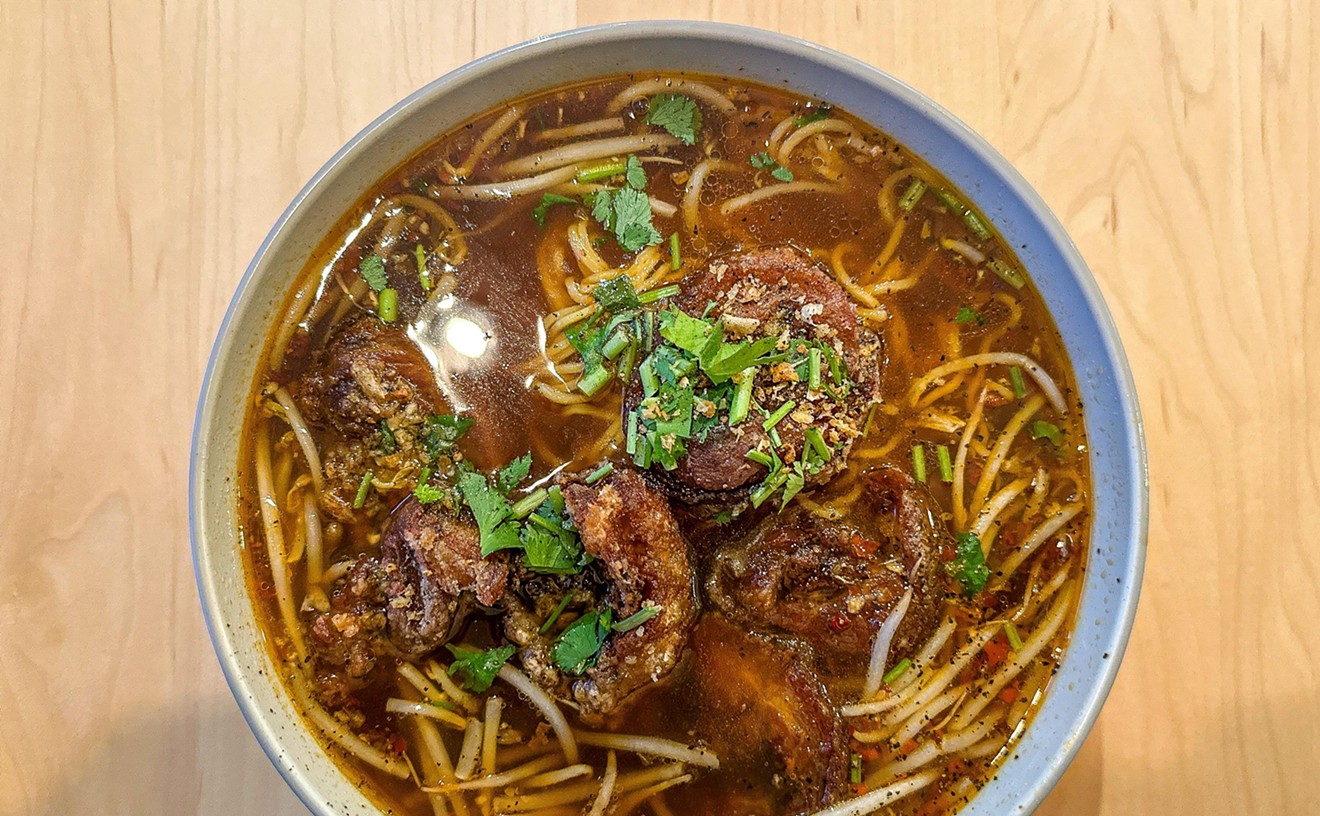Narrated and produced by actor-writer-director Tim Robbins for cable's Independent Film Channel, The Typewriter, the Rifle, and the Movie Camera cavorts in the crusty charm of an ancient, cigar-chomping elf named Sam Fuller. Neither Robbins nor director Adam Simon attempts to control the benevolent ramblings of Fuller, who directed 29 feature films between 1948 and 1989. He fled America in 1981 for small-town France, a country that first charmed him when he served in World War II and later consummated the affair when the writers of Cahiers du Cinema licked his boots like no other American critic ever had.
As both young zealot and semiretired expatriate, Sam Fuller despised propaganda, especially as it concerned "patriotic" wars, communism, and the Old West. The Typewriter, the Rifle, and the Movie Camera traces his flamboyant personality--young adulthood in New York City newspaper rooms, three years on the front lines against European fascism in World War II, an iconoclastic career as a filmmaker who, for three decades, got movies made his way.
This documentary by Simon and Robbins features insights by such fans as Martin Scorsese, Jim Jarmusch, and Quentin Tarantino, who pant with literate enthusiasm over an ecstatic Samuel Fuller, always ready to pontificate for a camera. The artist's best films--including the 1950 Korean War study, The Steel Helmet, and his low-budget asylum suspensor, Shock Corridor--oozed a blunt humanitarianism that didn't subscribe to any particular philosophy.
In the '50s and '60s, leftist and anti-Communist pundits alike disparaged his work, which criticized state-sponsored brutality by laying its psychology bare. In his work, Fuller professed a jaundiced eye toward human beings, but he allowed a vague admiration for the potential in human nature. So throughout the film Tim Robbins hurls a series of descriptions at him to get his immediate reaction. At one point, Robbins says, "Hero." Fuller answers, "Nobody." Then Robbins offers, "Coward," and the reply comes again: "Nobody."
The Typewriter, the Rifle, and the Movie Camera justifies every ounce of adoration heaped on its subject, mostly because the moviemakers structure their documentary with one goal in mind--to elaborate the filmmaking philosophy of Samuel Fuller, equal parts cynicism and romanticism, through his own words and the praise of Scorsese, Tarantino, and Jarmusch. Gutbucket entertainment is the bottom line for Fuller, who believes the surest way to relay his themes is through a thick layering of traditional narrative techniques--close-ups upon close-ups, escalating sound effects--until all you're left with is raw, unflinching emotion; he believed you can reveal more with beads of sweat than with drops of blood.
The subject of another "Cinema on Film" entry is quoted in his documentary as follows: "If you shoot a movie that tries to make people like it, what you have is an attempt, not a movie." The speaker is 50ish American writer-director Henry Jaglom, and the documentary called Who is Henry Jaglom? should divide audiences as much as the filmmaker himself, who manages to make the most obscure works of Robert Altman and John Cassavetes look like home-repair videos.
Jaglom's obsession is also, his detractors contend (and they are legionary), his greatest fraud. The director strives to capture reality as it happens, which means his working methods include no script, no rehearsal, the maintenance of an ensemble from film to film, and a deliberate pursuit of what the filmmaker calls "rough edges." Jaglom particularly loves working with women, and two of his most recent features, Eating and Babyfever, groveled in the minutiae of women's attitudes toward themselves and their bodies like no other male-directed movie in memory.
But his critics, including a number of folks who've worked under him, contend Jaglom's oft-repeated line about "wanting to evoke, to shape, rather than direct" is bullshit. On set, Jaglom controls relentlessly, even abusively. Who is Henry Jaglom? features between-take sequences from three of his films. We watch as the filmmaker, in his trademark narrow-brimmed cloth cap, demands take after take from actors, when even so much as a single inflection in an otherwise strong scene feels false. He doesn't "shape or evoke" so much as berate and insult, prompting Martha Plimpton to tell the documentary filmmakers she "wanted to shoot herself" every day on the set of his latest, Last Summer in the Hamptons (also screening at the Festival).
Those of us who've always found the "spontaneity" in Jaglom's films rather stilted find plenty of explanation for the half-performances that mar his movies. His actors are forced to police their every word, gesture, and facial expression to eliminate whatever Henry doesn't like. The results are often overstudied and therefore, contrary to Jaglom's philosophy, overcautious. Who Is Henry Jaglom?, a fascinating firecracker of a character study, suffers from neither quality.
The Typewriter, the Rifle, and the Movie Camera screens April 21 at 7:30 p.m. Director Adam Simon is in attendance. Who Is Henry Jaglom? screens April 21 at 7 p.m.










